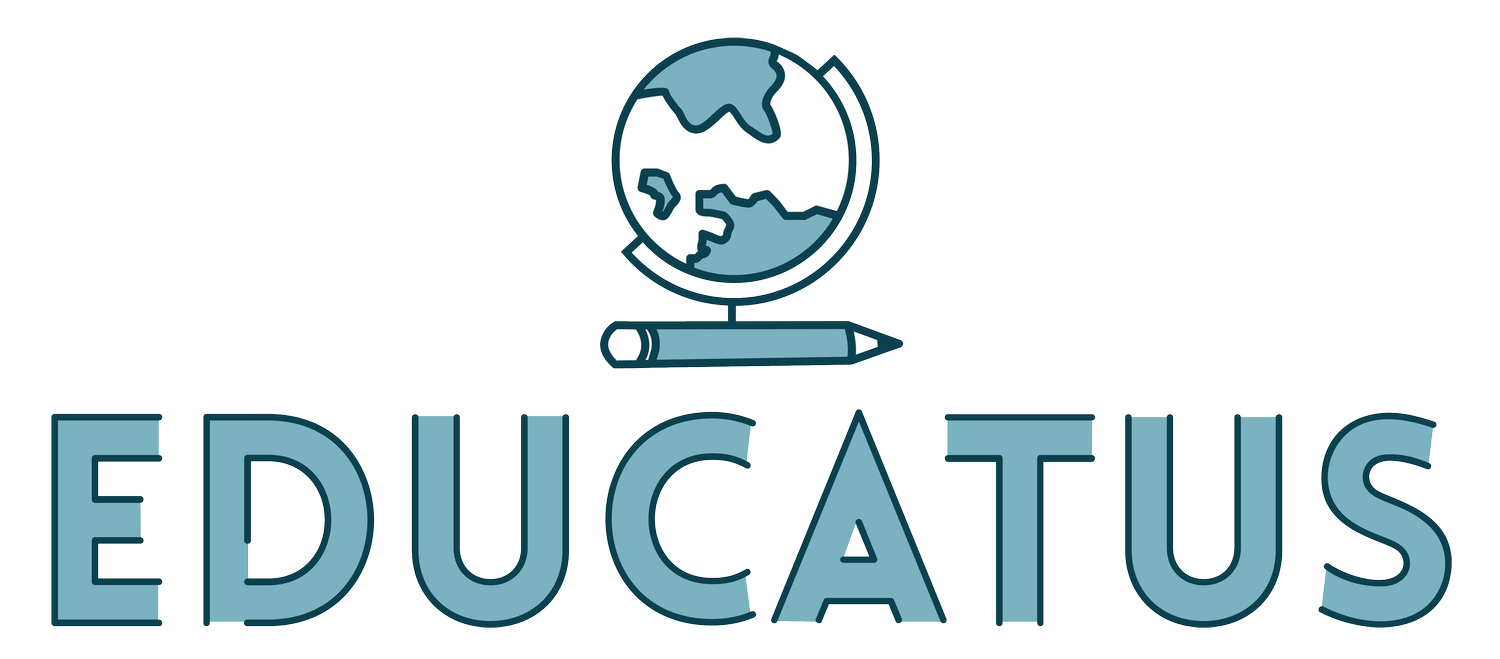AI for Inclusion: Boosting Outcomes for SEN & Dyslexic Pupils
In recent months, artificial intelligence (AI) has dominated headlines - hailed as a force for innovation across industries, from boosting national productivity to transforming education. But beyond the hype, one of AI’s most powerful roles may be as a tool that supports fairness, access, and better learning outcomes for those who need it most. Freeing up workloads for teachers, but also aiding students by tailoring learning to their individual needs.
For families relocating to the UK with children who have special educational needs (SEN) or dyslexia, this is a space worth watching closely. AI could be a game-changer.
“AI Gets to Know You”: Peter Kyle on a More Inclusive Future
Peter Kyle, the UK’s Secretary of State for Science, Innovation and Technology, is dyslexic himself. Speaking to The Guardian, he made an emotional case for using AI to level the playing field for children with dyslexia and other learning differences.
“AI gets to know you. AI gets to know how you ask questions and how you think. It fits in around your own individual learning characteristics,” he said. “AI is an incredible tutor… deployed wisely and safely, it can have an incredible levelling-up opportunity.”
Kyle uses AI tools to support his own work and believes the UK must explore how this technology can transform education, particularly where there is currently “not enough human capacity” to help every child who needs it.
His call comes alongside a campaign launched by dyslexic chef Jamie Oliver, urging earlier screening and better teacher training on dyslexia. With around 6 million people in the UK estimated to be dyslexic, the need for scalable support has never been clearer.
AI in UK Schools: Progress and Possibility
AI is already being trialled in schools across the UK. Backed by the Department for Education and supported by major examination bodies, tools are being tested for everything from planning and marking to differentiated instruction.
But the most exciting possibilities lie in how AI might support learners with dyslexia or SEN directly; providing personalised, real-time support and removing long-standing barriers to participation.
The ability for a dyslexic student to use voice to text to write without spelling barriers for example, or using AI-based reading aids that summarise complex texts into digestible chunks. AI can also blend visual, audio, and interactive tools - ideal for different learning styles. These tools offer real-time support and feedback, tailored to individual learning needs.
At St John’s Church of England Primary School in Wigan, teacher Sally Naylor spoke about how it benefits her work load to Century Tech:
“We love that we are using AI here, it really is transforming what we’re doing… It has really reduced my workload as the work is automatically marked and you get instant data. I am able to focus on a particular group, say Year 4, while Year 5 are able to work independently.”
Such tools free up teachers’ time, but more importantly, they empower pupils to progress at their own pace.
Kyle noted how he had felt “quite emotional” watching AI help children learn with “incredible empathy, encouragement and knowledge.” That combination of responsiveness and patience makes AI uniquely powerful in SEN contexts.
The Human Touch Still Matters
As the CEO of OCR (Oxford, Cambridge and RSA Examinations) stated, AI is a tool and not a replacement for skilled teachers. Human educators are essential for understanding each child’s broader emotional and developmental needs and for offering encouragement no algorithm can replicate.
Looking Ahead…
At Educatus, we’re excited by AI’s potential to support both teachers and learners. Used ethically and effectively, it can help ensure that no child’s potential is limited by how they read, write, or process information.
As Peter Kyle said: “AI deployed wisely and safely… can have an incredible levelling-up opportunity.” We’ll be watching how this unfolds, and how schools embrace the challenge of making education truly inclusive in the AI age.




